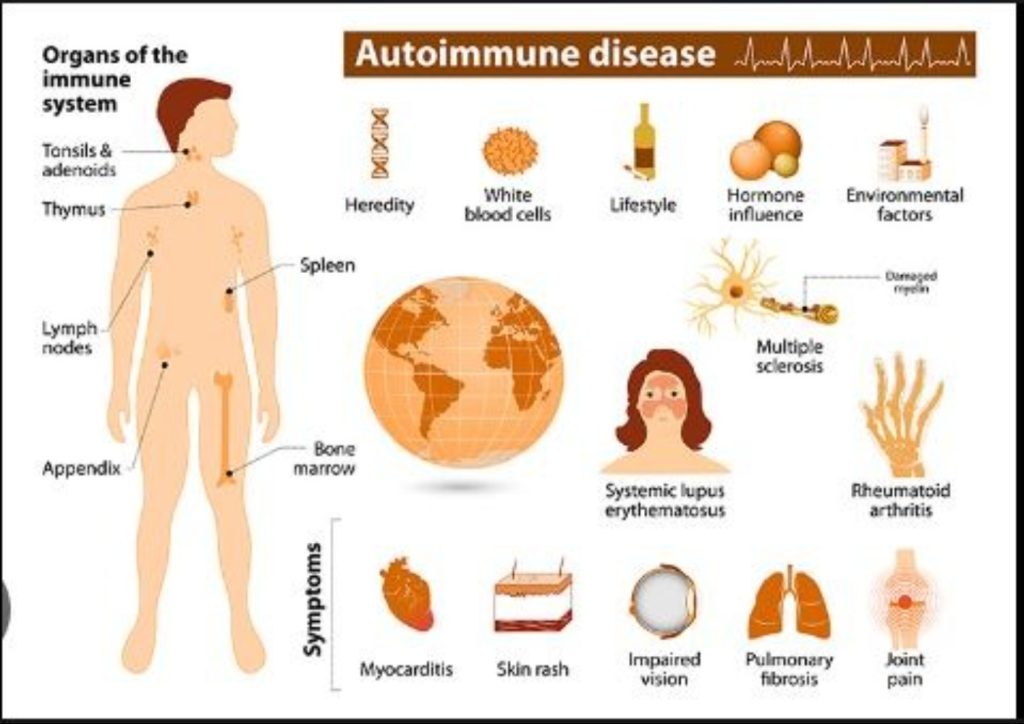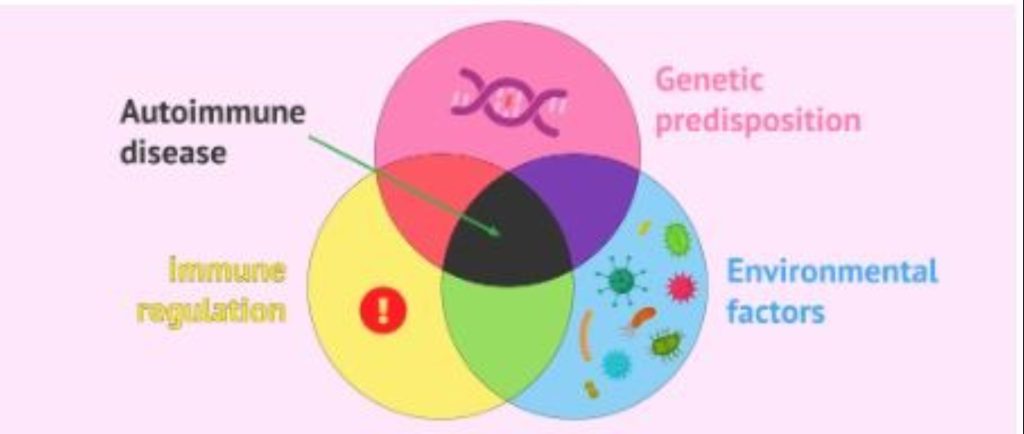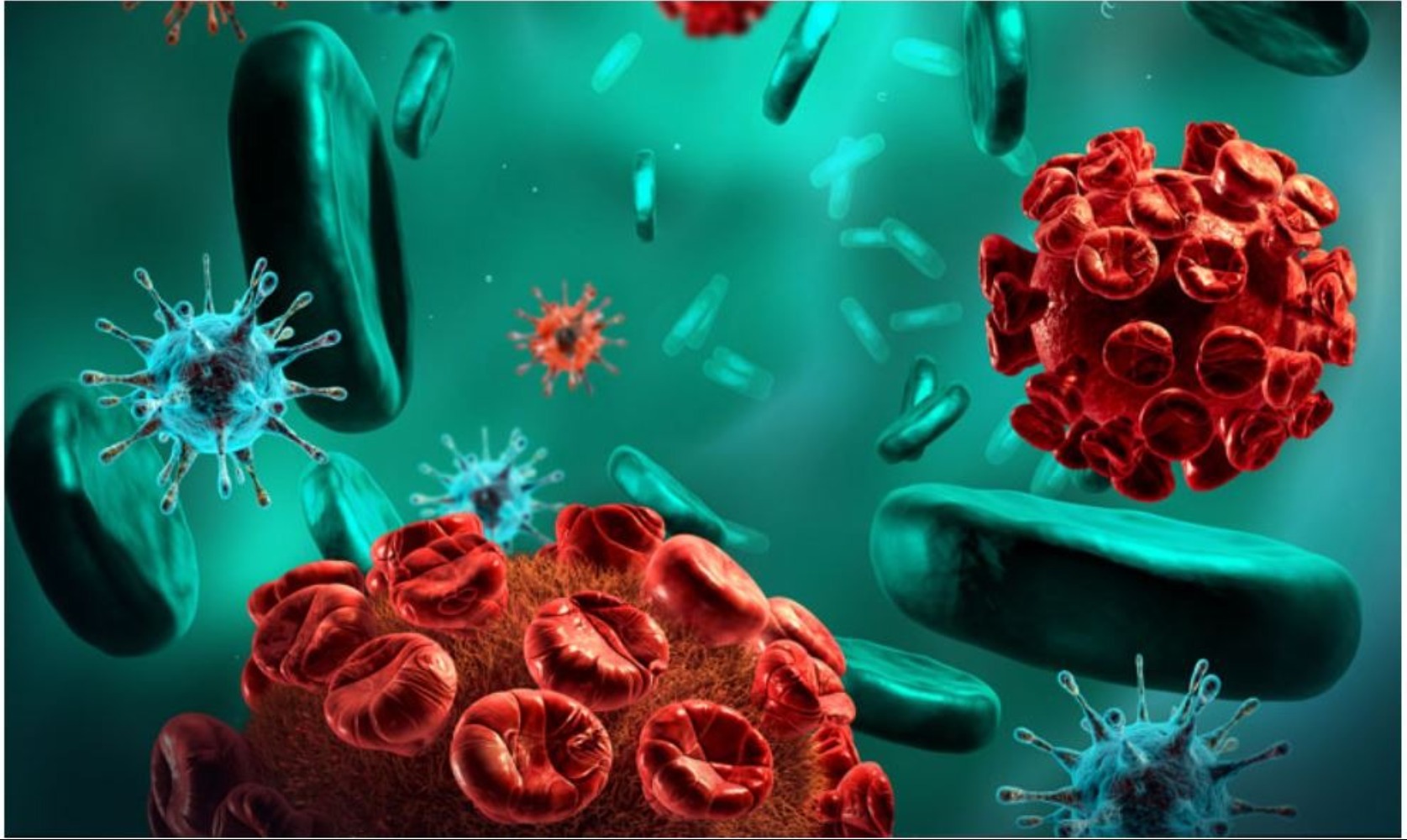Autoimmune diseases represent a formidable challenge in modern medicine, with their complex etiology, diverse manifestations, and often unpredictable course.

In the intricate dance of our bodies’ internal mechanisms, the immune system stands as a vigilant guardian, defending against foreign invaders to maintain health and well-being. Yet, in some individuals, this defense system turns against its own host, leading to a category of conditions known as autoimmune diseases. To subscribe please click tau.id/2iy6f and access our live channel.
This phenomenon, where the immune system mistakenly attacks healthy cells and tissues, presents a complex and multifaceted challenge in medical science and patient care. Between taking care of yourself and family members and trying to manage a social life and career, it’s common for women to feel tired and achy.
DON’T MISS: New Rules on Health Insurance Policies in India
But are these symptoms of a stressful life, or could they be tied to an underlying condition like autoimmune disease?
Understanding Auto Immune Diseases
Autoimmune disease happens when the body’s natural defense system can’t tell the difference between your own cells and foreign cells, causing the body to mistakenly attack normal cells. There are more than 80 types of autoimmune diseases that affect a wide range of body parts.

Autoimmune diseases encompass a broad spectrum of disorders, affecting various organs and systems within the body. From rheumatoid arthritis to multiple sclerosis, lupus to Type 1 diabetes, the manifestations of autoimmune disorders are diverse, each presenting its unique set of challenges for diagnosis and management.
Common Symptoms of the Disease
Despite the varying types of autoimmune disease, many of them share similar symptoms. Common symptoms of autoimmune disease include:
- Fatigue
- Joint pain and swelling
- Skin problems
- Abdominal pain or digestive issues
- Recurring fever
- Swollen glands
Types of Auto Immune Diseases
- Systemic lupus erythematosus: This disease most often attacks your joints, lungs, blood cells, nerves, and kidneys. When you have lupus, you develop autoimmune antibodies that can attach to tissues throughout your body.
- Rheumatoid arthritis: Your immune system produces antibodies that attach to the linings of your joints. Then it attack the joints, causing inflammation, swelling, and pain. If left untreated, RA gradually causes permanent joint damage.
- Inflammatory bowel disease: Your immune system attacks the lining of your intestines, causing bouts of diarrhea, rectal bleeding, urgent bowel movements, abdominal pain, fever, and weight loss. Ulcerative colitis and Crohn’s disease are the two main forms of IBD.
- Type 1 Diabetes: Your antibodies attack and destroy insulin-producing cells in your pancreas. People with type 1 diabetes need insulin shots to survive.
- Psoriasis: When you have psoriasis, immune system blood cells called T-cells collect in your skin. Your immune system stimulates skin cells to reproduce quickly, producing silvery, scaly plaques on your skin.
- Graves’ disease: In this disease, your immune system produces antibodies that cause your thyroid gland to release too much thyroid hormone into your blood (hyperthyroidism). Symptoms can include bulging eyes , weight loss, nervousness, irritability, rapid heart rate, weakness, and brittle hair.
- Scleroderma: Also known as systemic sclerosis, this chronic connective disease causes inflammation in your skin and other places in your body. As a result, your body makes too much collagen. This leads to visible hardening of the skin and damage to your blood vessels and organs, such as your heart, lungs, and kidneys.
- Vasculitis: In this group of autoimmune diseases, your immune system attacks and damages blood vessels. Vasculitis can affect any organ, so symptoms vary widely and can happen almost anywhere in your body.
Treatment for Auto-Immune Diseases
While autoimmune diseases are chronic and incurable, various treatment modalities aim to alleviate symptoms, suppress immune responses, and prevent disease progression.
Pharmacological interventions such as corticosteroids, immunosuppressants, and biologic agents target specific aspects of the immune system to modulate its activity.
In recent years, advancements in targeted therapies and biologics have revolutionized the management of certain autoimmune conditions, offering patients improved outcomes and quality of life.
Additionally, lifestyle modifications, including dietary changes, exercise, and stress management, play a crucial role in managing symptoms and supporting overall well-being.
Conclusion
By unraveling the mysteries of the immune system and embracing a multidisciplinary approach, we move closer to a future where autoimmune diseases are better understood, effectively managed, and ultimately, conquered. In the quest for health and healing, collaboration and innovation will continue to be our most potent weapons against the enigmatic foes that lie within.




